I recently sold an immaculate, low-mileage Ferrari F430 Scuderia. It wasn’t easy. Like so many people who make a living buying and selling exotic cars, the buyer was nervous about the market tanking. For good reason. Economists predict that ‘ugly’ inflation numbers make a recession more likely in 2022. If and when the U.S. economy goes into recession, the exotic car market will take a hit. Supply will go up, demand will go down down, prices follow suit. So it’s a bad time to buy an exotic. Or is it? That depends. Start with this . . .
Exotic cars divide into two levels: A-list and B-list. A-list cars were born desirable, remained desirable and will be desirable into the future. B-list cars are more meh. They’re more about fanboy lifestyle aspirations than owning the best of the best.
Many factors elevate exotic automobiles onto the A-list: brand, history within the brand, production numbers, design, performance, technology, color, condition, options and fun factor. We’re talking any pre-loved sub-5k mile manual Ferrari, like Magnum PI’s five-speed 308 GTS Quattrovalvole. Low-mileage air-cooled Porsche Turbos are inherently “challenging” to drive, but there’s no doubting their appeal. “Significant” cars at the top of the price pyramid – the Pebble Beach brigade – also qualify for A-list status, obviously.
A-list cars are not recession-proof. Even billionaires get a bit hinky about buying and restoring exotic cars when the economy is less than wonderful. The good news: when A-list car owners see that they’ll get less money than they paid for the pride and joy, they hang fire. Supply goes down, which keeps prices from falling off a cliff. Well, too far off the cliff.
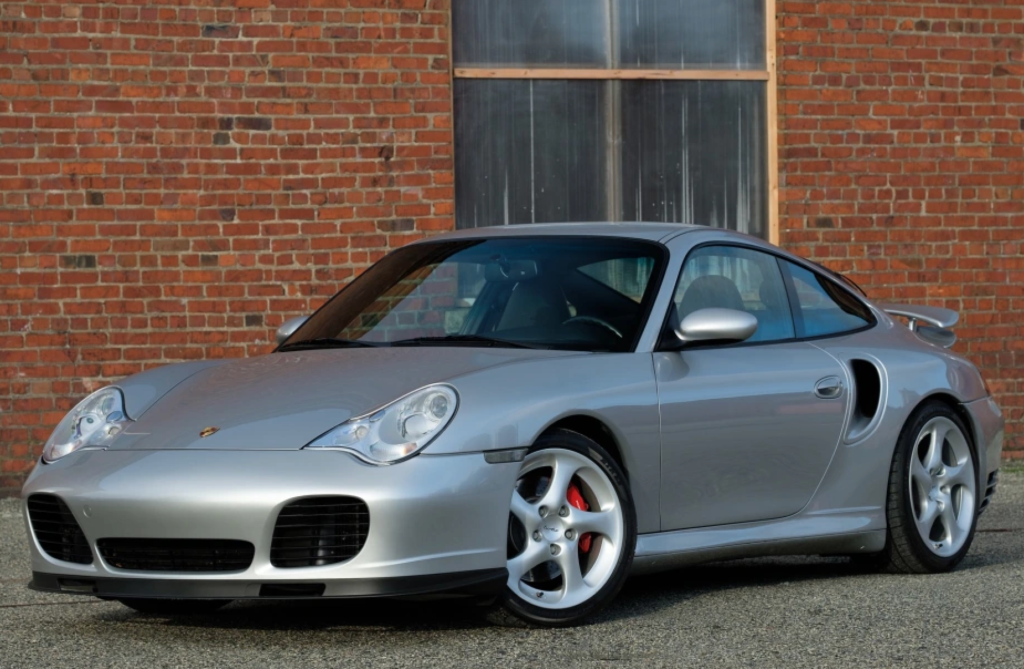
For example, I expect 20k mile manual shift Ferrari F360’s and F430’s to drop 25 to 35 percent if and when the recession settles in for the winter. The 2001 Porsche 996 non-X50 Turbo is also due for a downward correction. That said, if you think of an A-list car as a long-term investment, you can buy one now with confidence. Like blue chip stocks: they never go bust and they recover quickly when good times return.
B-list cars? Here be dragons. We’re talking garden variety Corvettes, heavily modified muscle cars and just about any low-spec/high mileage exotic. Many if not most of these B-list motors are owned by people who work for a living. When times get tough, more than a few sell their cherished classic to raise cash, regardless of the relative hit (i.e., they bought when prices were low). At the same time, collectors who were busy before the downturn suddenly go gun-shy, waiting for the market to bottom-out to pick up a bargain.
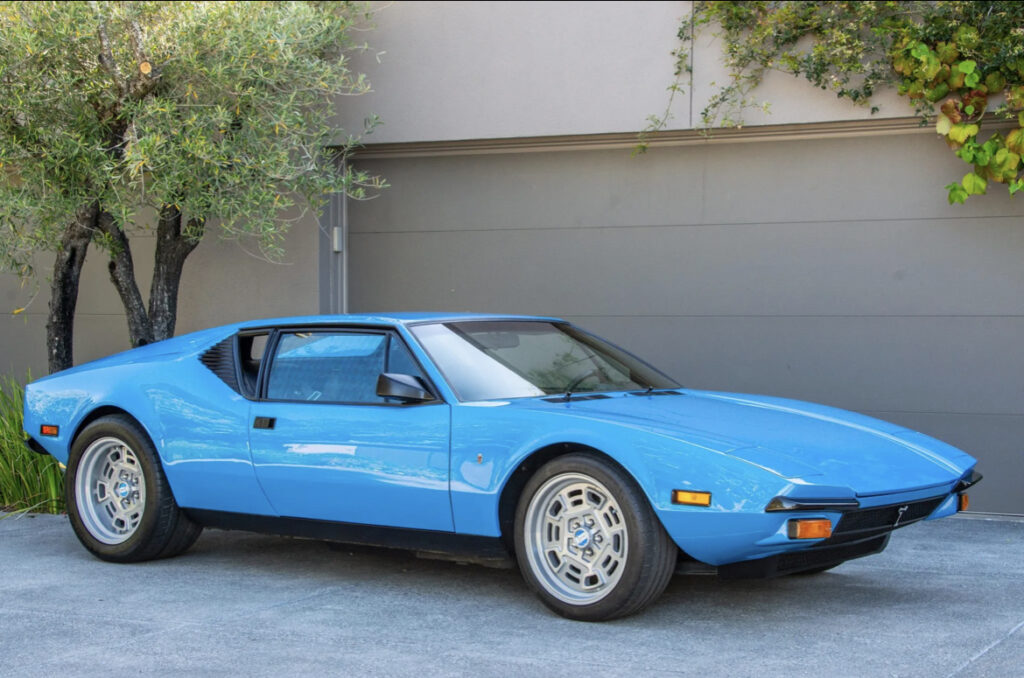
In a recession, the supply of B-list cars goes up at the same time that demand goes down. If you buy an exotic car that’s good – but not great – in today’s still strong market, you’re gonna get hurt bad when the market tanks. B-list cars will sink fast and recover slowly. There is an exception: if you buy a car that’s already soft with good miles (sub-20k). An already undervalued car like a 355 F1 Spider ($85k), Testarossa ($120k) or Pantera ($95k).
Knowing what constitutes an A-list or a B-list car – knowing exactly which car will best weather the coming storm and bounce back fastest – requires both common sense and careful research. As Professor Harold Hill’s trainmates reminded him, you gotta know the territory. Feel free to chime in below or contact me directly for my advice. Remember: he who hesitates is lost. But haste makes waste.
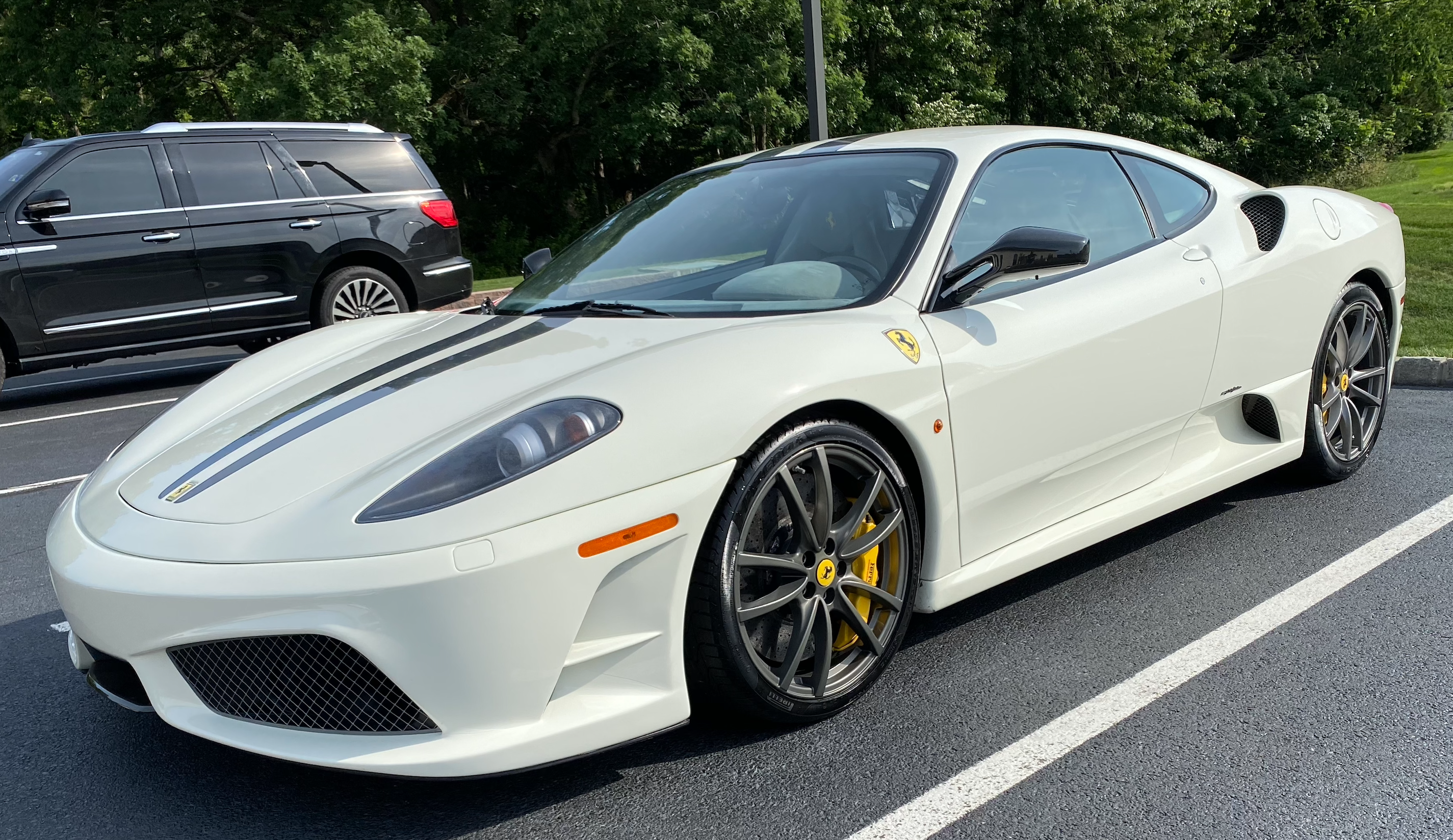
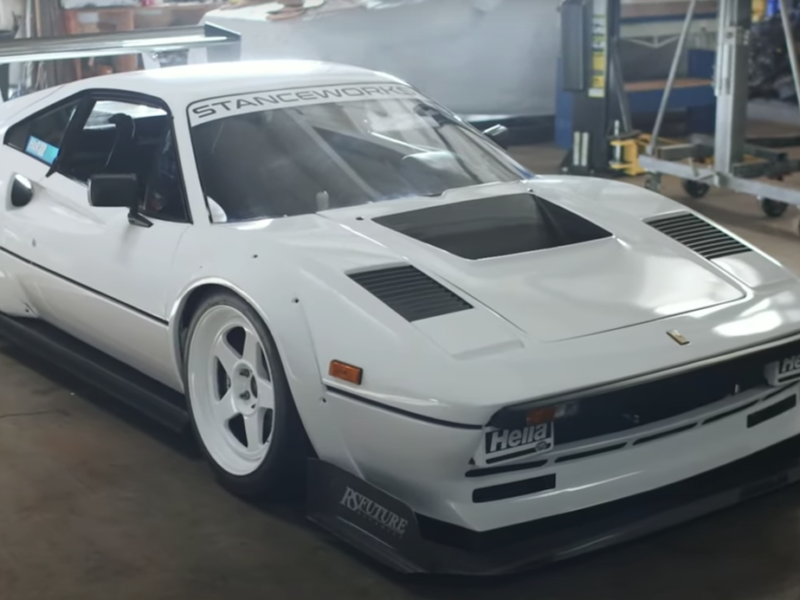
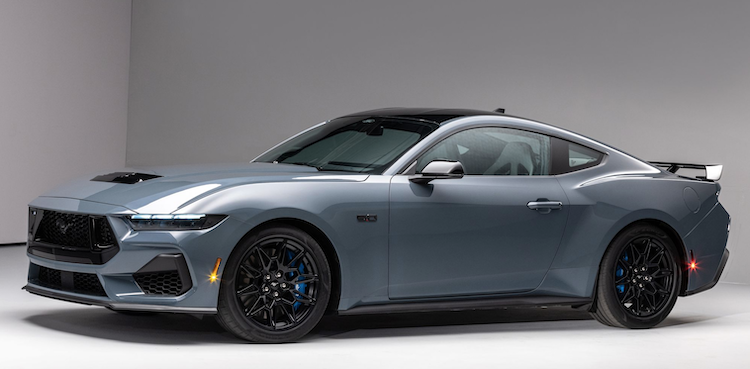
“Supply goes down, which keeps prices from falling off a cliff. Well, too far off the cliff.“
which raises the next question, how far off the cliff are we today?
Its take a lot of guts to inventory cars today.
i agree to an extent. there seems to be two types of buyers. one who has a ton of money and will buy the car they want not matter the cost and will end up holding the cars and driving them for some time. the other may be someone with money but buys cars for an investment. for the latter they buy and sell cars like they buys stocks. either way recessions come and go and like before the market will rebound. like Tony said some cars will always increase in value and some won’t. so, if you can afford it, the car market is an exiting one to play.
Welcome to the community Jon, and Thanks for your comment.
The bubble is tough to predict when there’s outliers in the mix too. Such as new models, movie cars, celebrity rides etc. these tend to create trends regardless of the markets direction and can have significant impact on sales numbers as well. Say a new movie comes out that glorifies a relatively unknown or unloved model of car, the car can create momentum in the market for that model and even pull the whole segment up a notch with it. As a collector, it’s always good to diversify and look for the castaways as a solid investment in case there’s a new love for them on the horizon.
Jack, thanks for your comment. I know when you bought your spider it was perfect timing.
This is great information! What do you think the air cooled Porsche market is going to do?
I think if and when thing adjust the low mile air cooled cars HOLD their value and get tucked away.